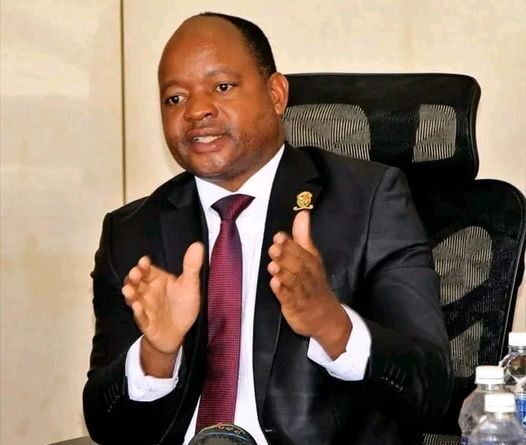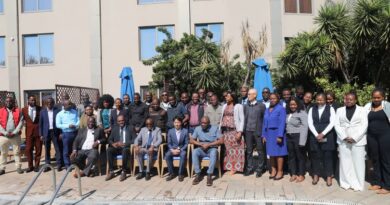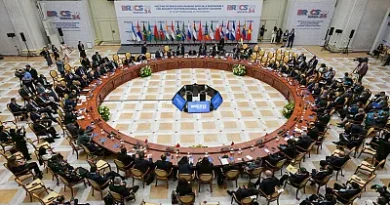Zambian Cabinet Approves Key Measures for National Development
The 12th Cabinet Meeting, presided over by President Hakainde Hichilema on June 17, 2024, at State House, yielded several significant decisions aimed at advancing Zambia’s development agenda under the New Dawn Government.
The meeting addressed critical issues, including drought response, public debt management, budget planning, climate change, governance, corporate governance, and human rights.
Cabinet reviewed the progress of the Disaster Management and Mitigation Unit (DMMU) in mitigating the severe impact of drought across 84 districts. To date, 44,286.5 metric tonnes of white maize have been distributed, including 3,706 metric tonnes to vulnerable communities and 12,013 metric tonnes under the Food for Work initiative.
Additionally, 360,317.87 metric tonnes have been sold through community sales. To bolster maize stocks, an agreement has been reached with Tanzania to import 650,000 metric tonnes. The government has also secured $13.31 million in relief cash, targeting 92,515 households.
Cabinet approved the Public Debt Management (Appointment of Fiscal Agent) Regulations, 2024, designating Deutsche Bank as the Fiscal Agent for the issuance of new bonds (Bonds A and B) as part of ongoing debt restructuring. This move follows a March 2024 agreement with Eurobond holders to restructure Zambia’s external debt.
The Budget Policy Concept Paper for the 2025-2027 Medium Term Budget Plan and the 2025 Budget was approved. The paper outlines key budget principles, aiming to enhance GDP growth through increased investments in agriculture, mining, and manufacturing. The plan also focuses on improving macroeconomic fundamentals and fiscal policy, leveraging recent debt restructuring successes.
Cabinet ratified the Southern African Science Service Centre for Climate Change and Adaptive Land Management (SASSCAL) Treaty. The treaty aims to enhance capacities to address climate change and land management challenges through science-based solutions, benefiting Zambia and the region.
Cabinet approved the submission of Zambia’s first Country Report on the African Charter on Democracy, Elections, and Governance to the African Union Commission. This submission underscores Zambia’s commitment to democratic principles and governance standards as outlined in the African Charter.
In principle, Cabinet approved the introduction of a bill to regulate the Institute of Directors of Zambia (IODZ). The bill seeks to enhance corporate governance and ethical practices in both public and private sectors by giving the IODZ a legal framework to operate more effectively.
Cabinet approved Zambia’s accession to the Second Optional Protocol to the International Covenant on Civil and Political Rights, aiming at the abolition of the death penalty. This move reinforces Zambia’s commitment to upholding human rights and aligns with international standards.
Minister of Information and Media, Hon. Cornelius Mweetwa, MP, highlighted the importance of these decisions in fostering Zambia’s socio-economic development and enhancing its international standing.



